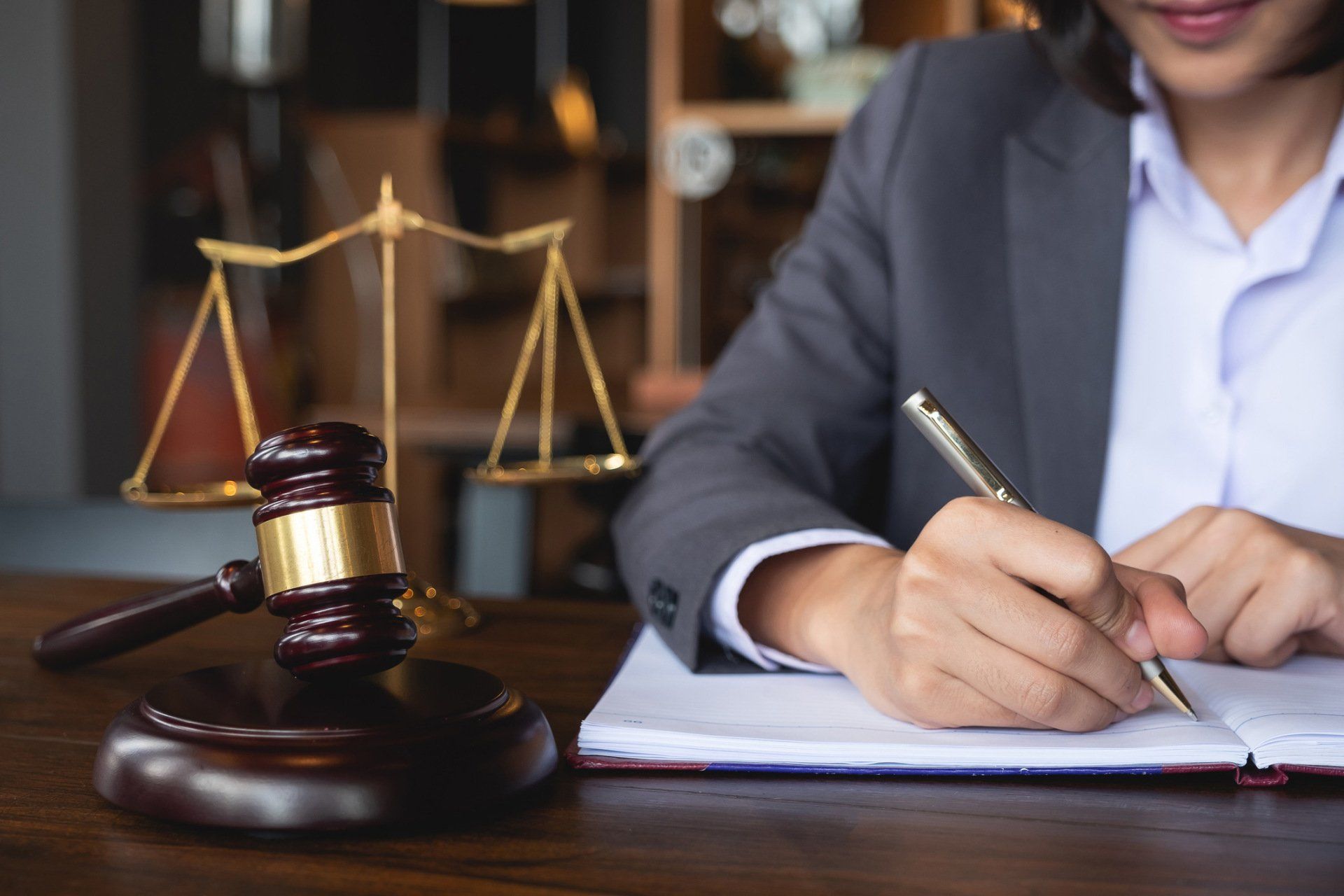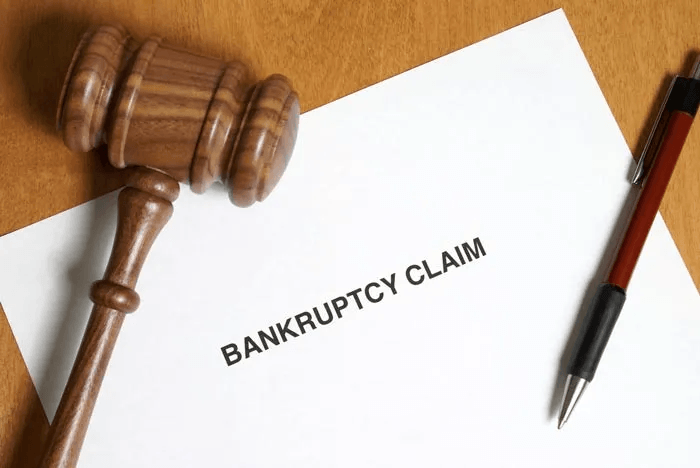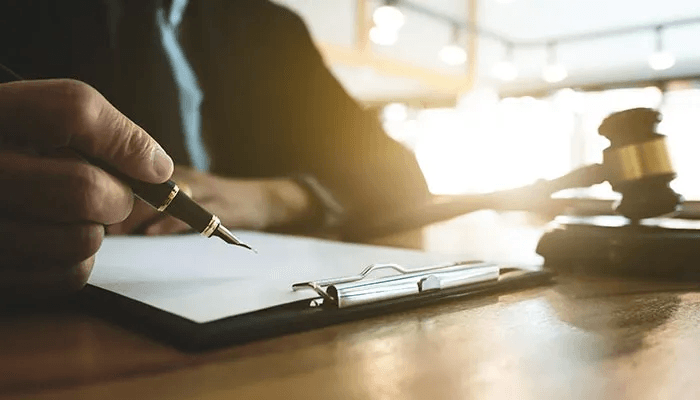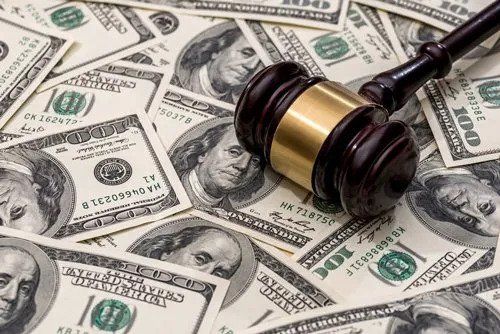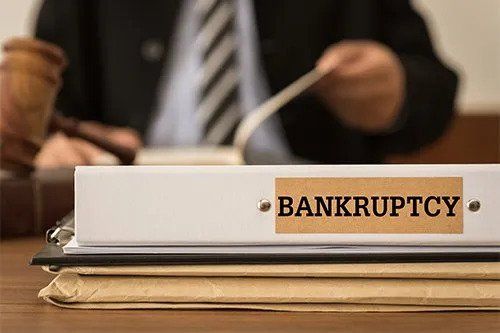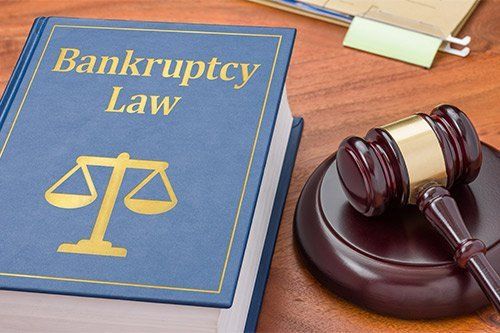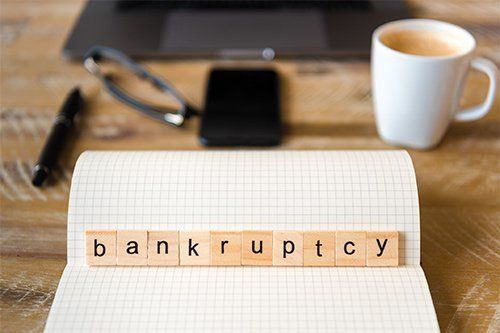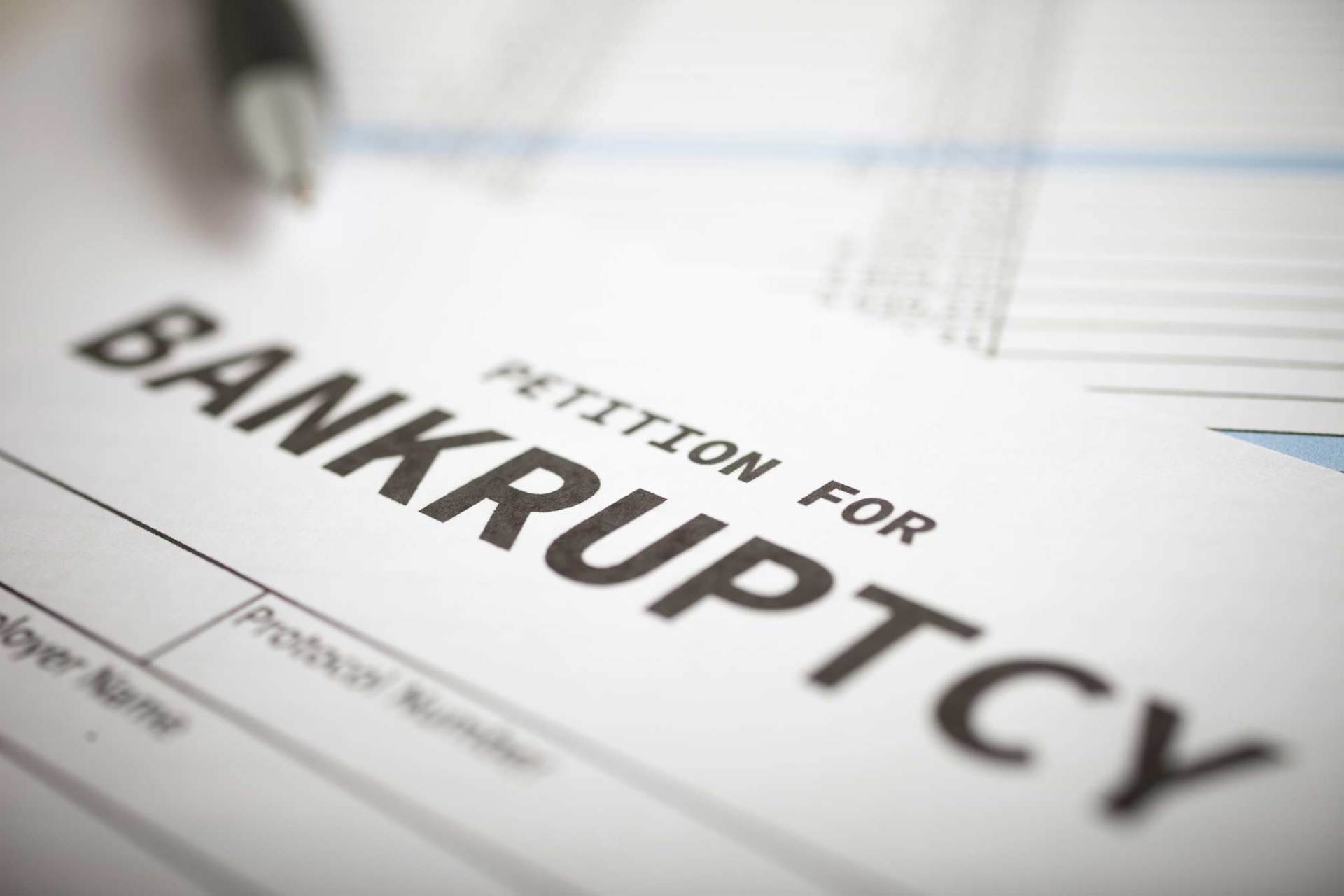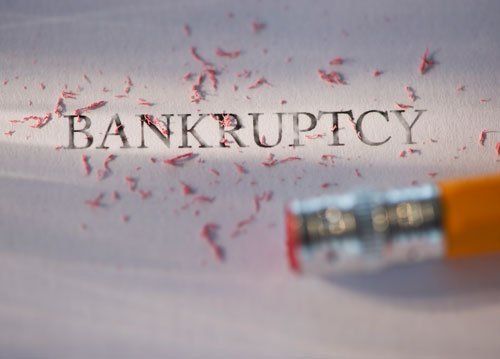Suffering From Lifestyle Creep? How Filing for Bankruptcy Can Help
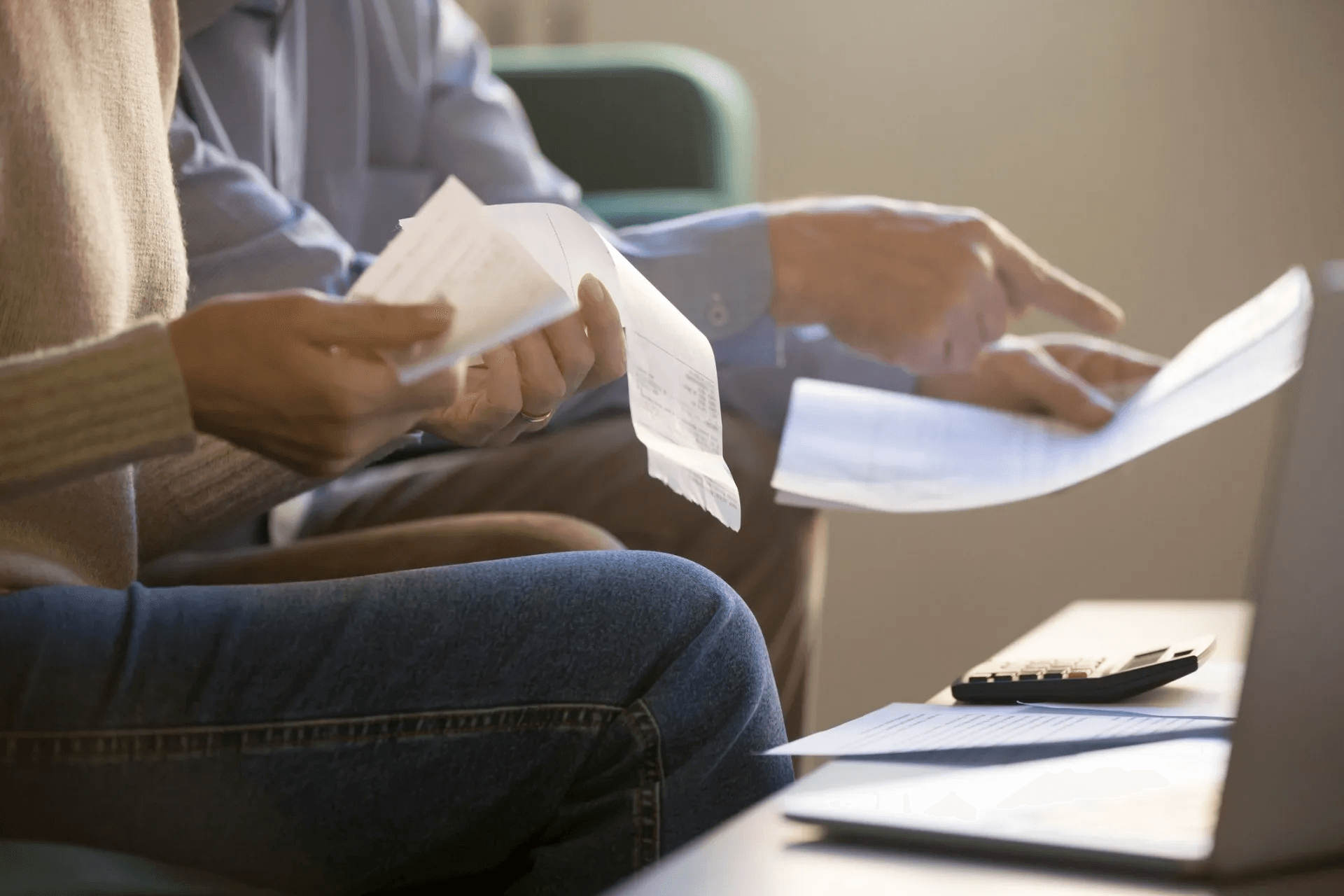
Lifestyle creep occurs when you improve your standard of living as you receive more discretionary income. While there's nothing inherently wrong with using a raise or windfall to improve your standard of living, problems can arise when people use these funds to justify taking on more debt.
If you have fallen victim to lifestyle creep, filing for bankruptcy can help you get your expenses under control. Keep reading for more information about how bankruptcy can alleviate the financial distress associated with lifestyle creep.
Bankruptcy Can Eliminate or Restructure Debt That You Can't Afford
If you've taken on more debt as your income has increased, bankruptcy can eliminate the debt or lower it so that you can afford to make your payments. The two most common types of consumer bankruptcy are Chapter 7 and Chapter 13.
Chapter 7 bankruptcy requires you to forfeit non-exempt assets and use the proceeds to pay down your debt. Any eligible non-secured debt is then forgiven (like credit card debt and medical debt). To qualify for Chapter 7 bankruptcy, your household income may not exceed a specific amount. Income restrictions for Chapter 7 vary based on your location and the size of your household.
Think of Chapter 13 bankruptcy as a type of debt consolidation. You get to keep your assets, but you must repay a portion of your debts over three to five years. Once your Chapter 13 plan is completed, any remaining qualifying debts are eliminated.
You Can Use Bankruptcy to Legally Get Rid of Items You Can't Afford
If you've gone on numerous spending sprees after each raise, you might find yourself with multiple items that you can't afford, like a car, house, and recreational vehicles. Bankruptcy makes it possible for you to get rid of items that you can't afford to make payments on (without the lender trying to sue you or garnish your wages).
In Chapter 7 bankruptcy, you can reaffirm a loan outside of the bankruptcy. This means that you work out an agreement with the lender to continue to pay the loan. However, if you've purchased a car that's too expensive, you don't have to keep it. You can surrender the car to the lender. Even if the lender doesn't recoup your balance when they sell your vehicle, they can't come after you for the deficit.
Secured loans and their collateral work a little different in a Chapter 13 bankruptcy. You still have the option to let a home or vehicle go. However, if there's a balance on your loan after the lender sells the collateral, this balance is included in your Chapter 13 debt as non-secured priority debt. Though it may impact your plan payment, any remaining balance is forgiven when you complete your plan.
A Chapter 13 Bankruptcy Can Lower Your Interest Rates
Many people justify taking on debt with less than favorable interest rates with the argument that they can afford it due to their higher income. If your lines of credit and credit cards are riddled with high interest rates, this makes it difficult for you to make a dent in your debt load.
Even if you make the minimum payment on your credit card, a high interest rate means that most of the payment is going to interest instead of paying down the balance. Chapter 13 bankruptcy is one option to lower the interest rate for your debt.
You'll still pay interest to your lenders, but the rate will likely be much lower than your current interest rates. As of March 2020, the interest rate for Chapter 13 plans in South Carolina is 5.25 percent.
Ready to fight back against lifestyle creep? Contact
McMaster Law Firm, LLC, to make an appointment.

